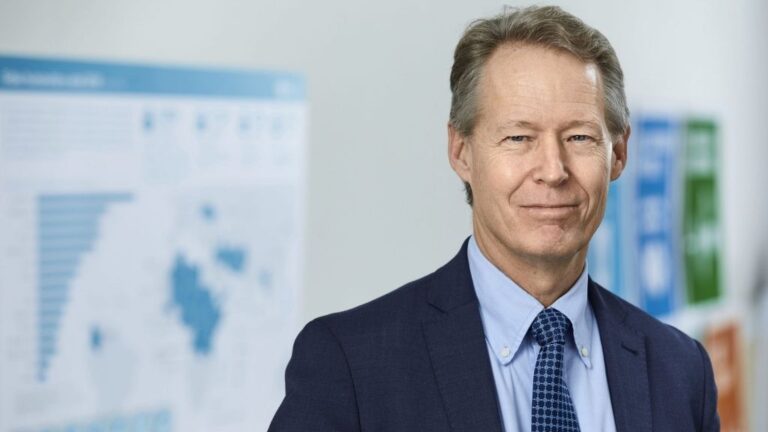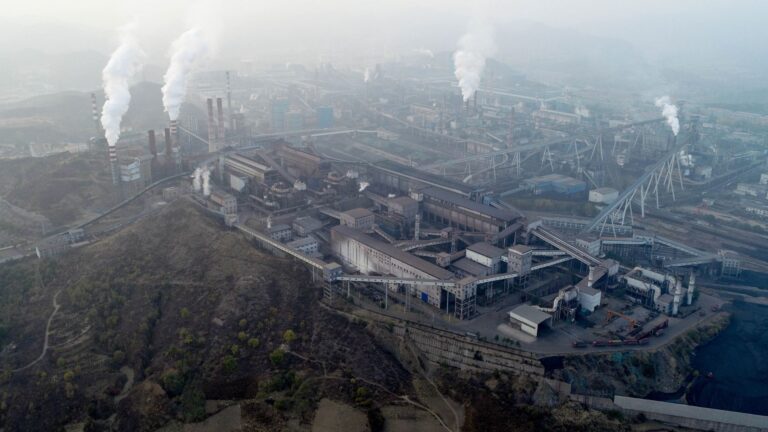Av: Alan AtKisson
Covid-19 har förvandlat svårvunna framsteg till bakslag. De senaste siffrorna från Världsbanken ger en dyster bild inom områden som global fattigdom, hunger, hälsa och utbildning. Men mitt i en pandemi upplever vi också en dramatisk acceleration av digitaliseringen, större möjligheter för inkludering på lika villkor och utvecklandet av nya instrument för investeringar för att lyfta människor ur fattigdom. Vi måste titta på den stora bilden, tänka långsiktigt och fortsätta att söka efter mer effektiva hävstänger för förändring, det menar Alan AtKisson, avdelningschef på Sida.
15 februari, 2021, Debatt
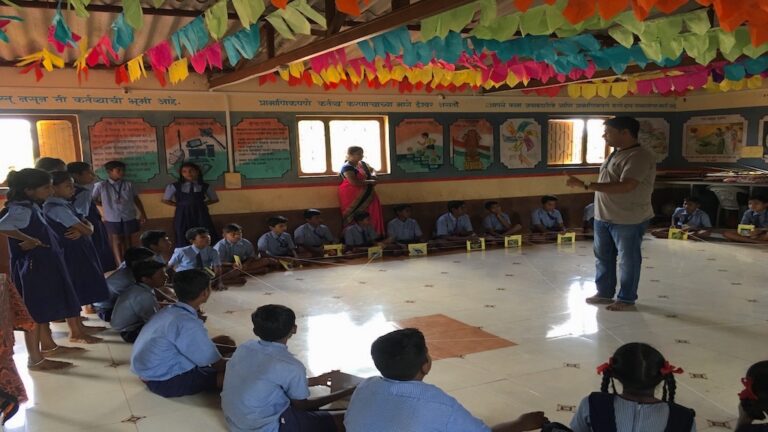
Kunal Anerao står i en ring av elever från Parsharam Wadi School, en skola utanför staden Devrukh på den indiska landsbygden. Foto: Frida Viklund Rundgren
Av: Frida Viklund Rundgren
Covid-19 innebär nya utmaningar för den indiska miljöorganisationen Srushtidnyan vars skolprojekt fått fortsätta online. Miljöarbetet med bönder har stannat av men organisationen hoppas på ett ökat intresse för ekologiska odlingsmetoder när migrantarbetare återvänder till sina hembyar för att satsa på jordbruk. Positiva förändringar syns också när regeringen har öppnat för ett ökat samarbete med civilsamhällesorganisationer i utsatta områden.
11 februari, 2021, Intervju

Johanna Wolf, ideellt aktiv i FUF Stockholm
Av: Johanna Wolff och Max Ericson
Världen blir mindre i takt med digitaliseringen. Samtidigt ser vi även hur komplex världen är och att utmaningarna kan vara svåra att lösa när vi inte jobbar tillsammans eller mot samma mål. Men varför är det viktigt att vi har kunskap om världen och alla utmaningar vi står inför? Läs mer om vad våra två ideellt aktiva medlemmar från FUF tycker om detta. De berättar om betydelsen av att hitta sin glöd och få en plattform att uttrycka sig på.
8 februari, 2021, Krönika
Av: Josefin Pasanen
Det nya året kommer med löften om storskalig Covid-vaccinering och en gnutta hopp om att saker och ting snart kan återgå till det ”normala” igen. Men mycket pekar på att det just är vårt ”normala” sätt att leva som triggat pandemin och den globala socio-ekonomiska kris som kommit i dess kölvatten. Den senaste FN-rapporten över mänsklig utveckling (HDR 2020) visar att Covid-19 pandemin riskerar att bli en förvarning av vad som komma skall, ifall mänskligheten inte ändrar kurs och arbetar för att återställa balansen på planeten.
29 januari, 2021, Debatt

Photo: Gerry Machen/Flickr
Climate change threatens the world as we know it and the need for climate action is getting more pressing every day. The impacts of the Covid-19 pandemic on oil prices opens the door to a green recovery without fossil fuel subsidies.
22 december, 2020, Article, English, Magazine, Reportage
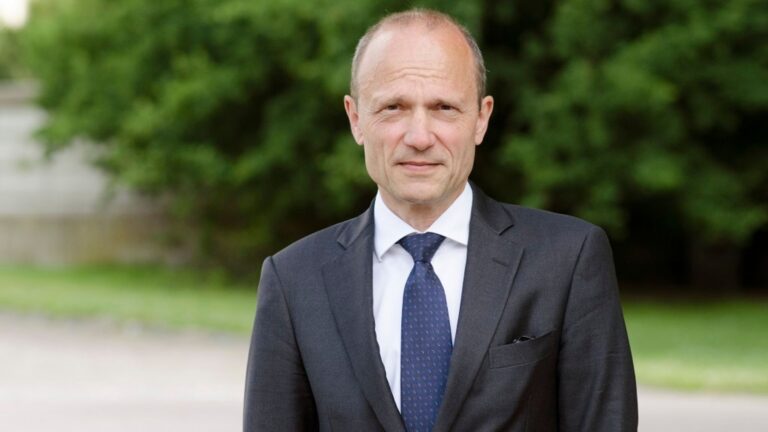
Morten Kjaerum, Director of the Raoul Wallenberg Institute of Human Rights (“Photo: FUF Lund/RWI Lund”)
Av: Chiara D’Agni och Yi-Chia Chen
Human rights cities, as Lund, is a new phenomenon and according to a recent report by the Raoul Wallenberg Institute of Human Rights and Humanitarian Law (RWI) they can better contribute to the implementation of Sustainable Development Goals (SDGs). FUF Magazine has interviewed the Director of the RWI, Morten Kjaerum, to talk about SDGs and human rights cities.
21 december, 2020, Article, English, Intervju, Magazine
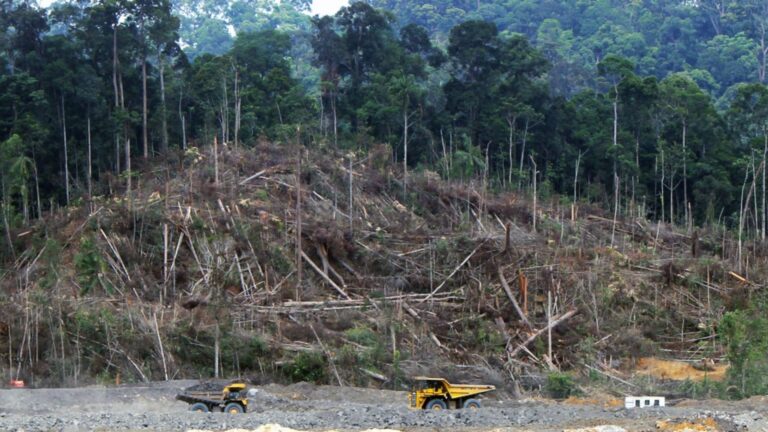
Economic growth contributes to climate change through large scale resource extraction.
Photo: Andrew Taylor/Flickr
Av: Alice Castensson och Julian Dannefjord
The United Nations envisions both increased economic growth and effective climate action by the end of this decade. The combination of these is not consistent in the current state of the world. To effectively combat the threat of climate change, we need a shift in the status quo and a different economic structure.
20 december, 2020, Chronicle, English, Krönika, Magazine
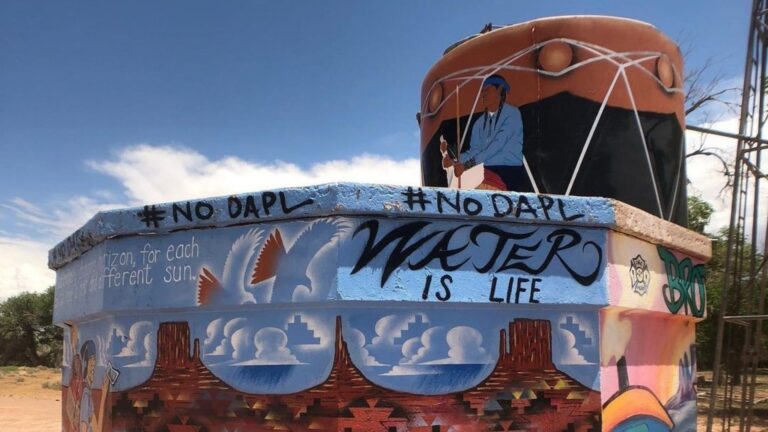
Illustrating the Importance of Water in the Navajo Nation Photo: Dig Deep
Av: Alice Antoniou och Julia Mühlhauser
Covid-19 has increased awareness of the importance of sanitation globally; however, many face challenges meeting hygiene needs due to difficulties accessing clean water. Native Americans in the United States are particularly hard hit by this issue.
19 december, 2020, English, Magazine, News article, Nyhet

The Sustainable Development Goals were adopted by 193 countries in 2015, but are not on track to be achieved by the 2030 target. (Photo: United Nations Photo/Flickr.)
Av: Klara Bengtsson och Sanna Honkaniemi
The world is not on track to achieve the Sustainable Development Goals (SDGs) and accomplish the 2030 agenda for sustainable development. The 17 goals claiming to be transformational are contradictory and insufficient. Poverty has not decreased, inequality is deepening and emissions keep rising. If the SDGs wish to be more than business as usual, structural change is needed.
18 december, 2020, English, Magazine, Opinion
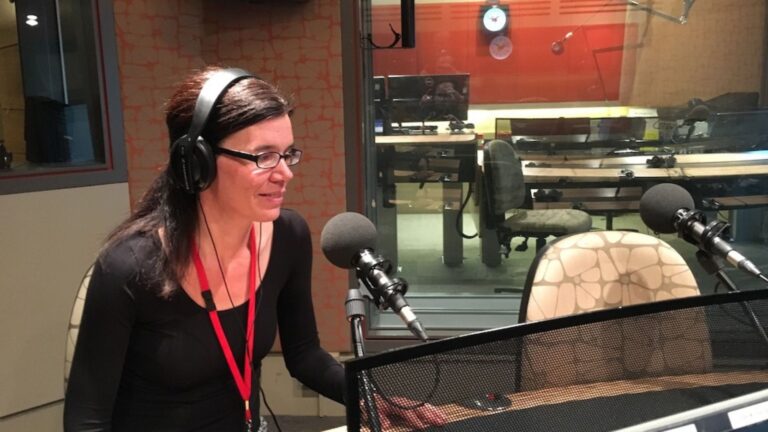
Christine Wamsler, Professor at LUCSUS (Lund University Centre for Sustainability Studies in Sweden). Photo: Christine Wamsler
Av: Emily Elderfield och Larissa Lachmann
Professor Christine Wamsler’s research includes the role of mindset in tackling sustainability issues, and how individuals and cities can better respond to challenges of the climate crisis. We spoke to her about scales of sustainability, questioned whether the SDGs are integrated enough, and explored the role of education and communication strategies on sustainability.
17 december, 2020, Article, English, Intervju, Magazine

